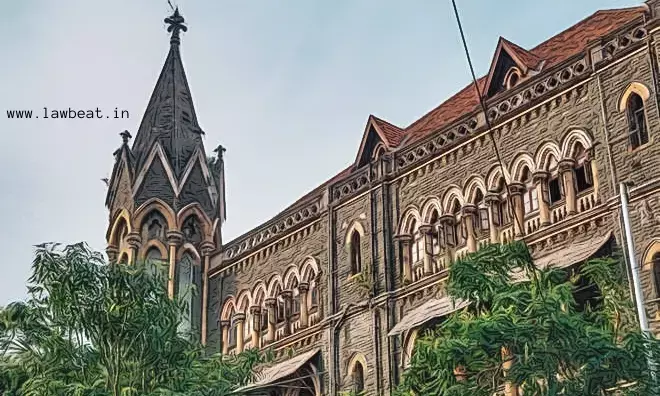Law Must Treat All Equally, Regardless of Means or Literacy: Bombay HC in Dudhganga Irrigation Project Case

In a firm reiteration of the constitutional right to property, the Bombay High Court recently ruled that the State cannot assume possession of a citizen’s land, without providing fair compensation, no matter if it was given voluntarily.
The Court added that it is inconceivable, in a civilised society governed by the Rule of Law – rooted in constitutional and statutory protections – that a person’s rights be extinguished merely because of a delay in approaching the court, especially when a continuing wrong is being committed.
A Division Bench of Justice GS Kulkarni and Justice Somasekhar Sundaresan, while allowing the petitions, issued following directions;
“(i) The respondents are directed to treat the land of the petitioner as a deemed acquisition. It is declared that the petitioner is entitled for disbursement of the compensation for acquisition of her land i.e. Gat No.156, admeasuring 1 H. 12 R. situated at village Vhanur, Tal. Kagal, District – Kolhapur
(ii) The Respondents/Collector (Land Acquisition) is directed to compute the compensation as payable to the petitioner on the date the possession of the land was taken over i.e. 19 September 1990 and disburse to the petitioner, the amount of compensation within a period of four months from today, with all consequential benefits of solatium, interest and/or all the sums payable under the Land Acquisition Act, 1894. Interest to be calculated till the date of actual payment of all the amounts.”
The High Court was hearing a batch of petitions filed by families from Vhanur village in Kagal taluka, Kolhapur district, whose lands were identified in 1990 for rehabilitation of persons affected by Dudhganga Irrigation Project. Although they relinquished possession that same year through what the State termed a “voluntary affidavit,” the land was never formally included in the acquisition award issued in 1992.
“Failure to provide compensation is negation of Article 300A. Hence, any act by the State to acquire land and property without complying with these principles would be manifestly illegal and unconstitutional”, the bench further added.
Case Title: Sumitra Shridhar Khane v. Deputy Collector, Spl. Land Acquisition No. 12, Kolhapur & Ors.
